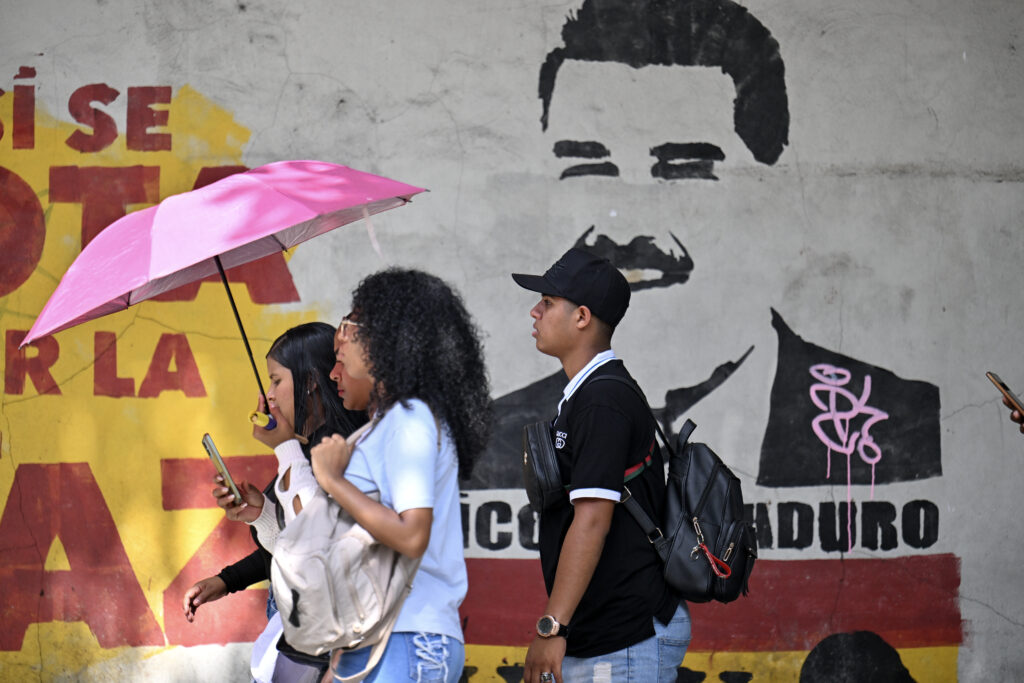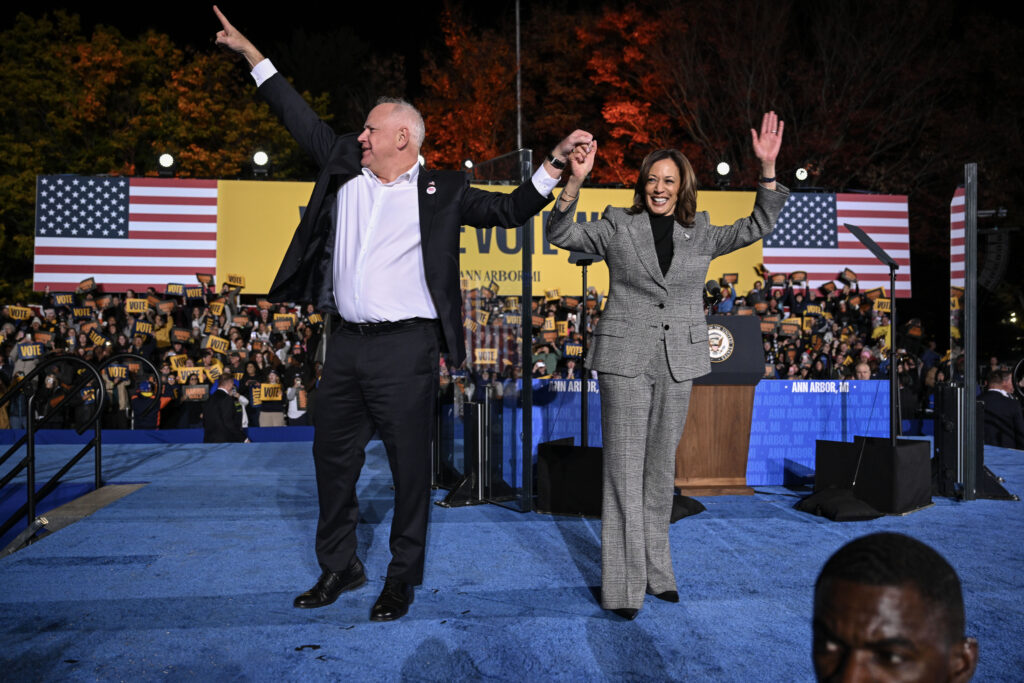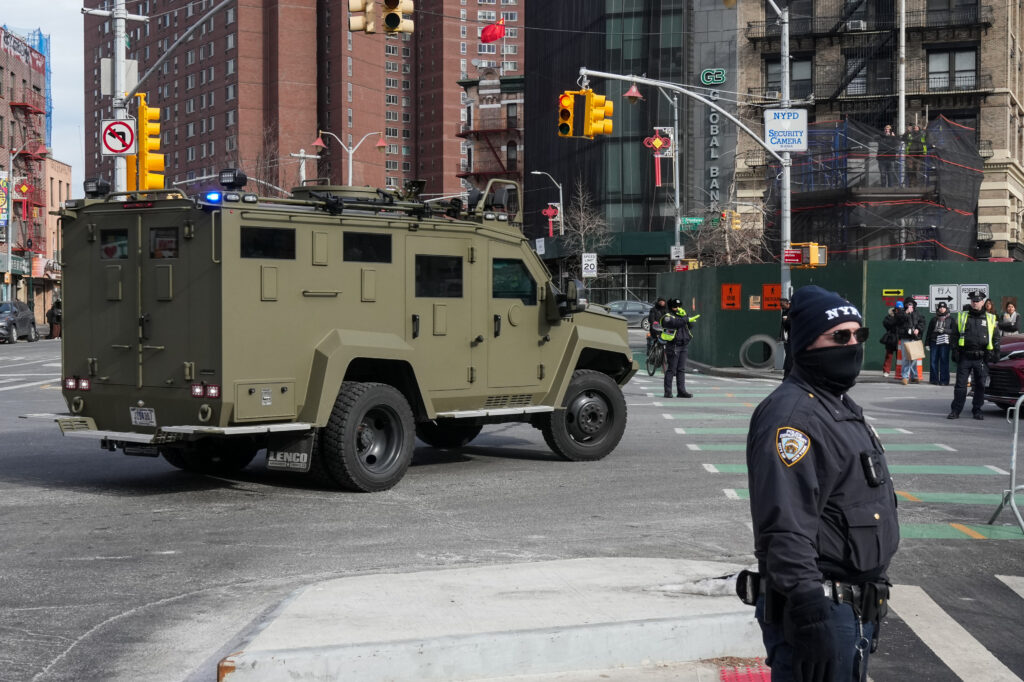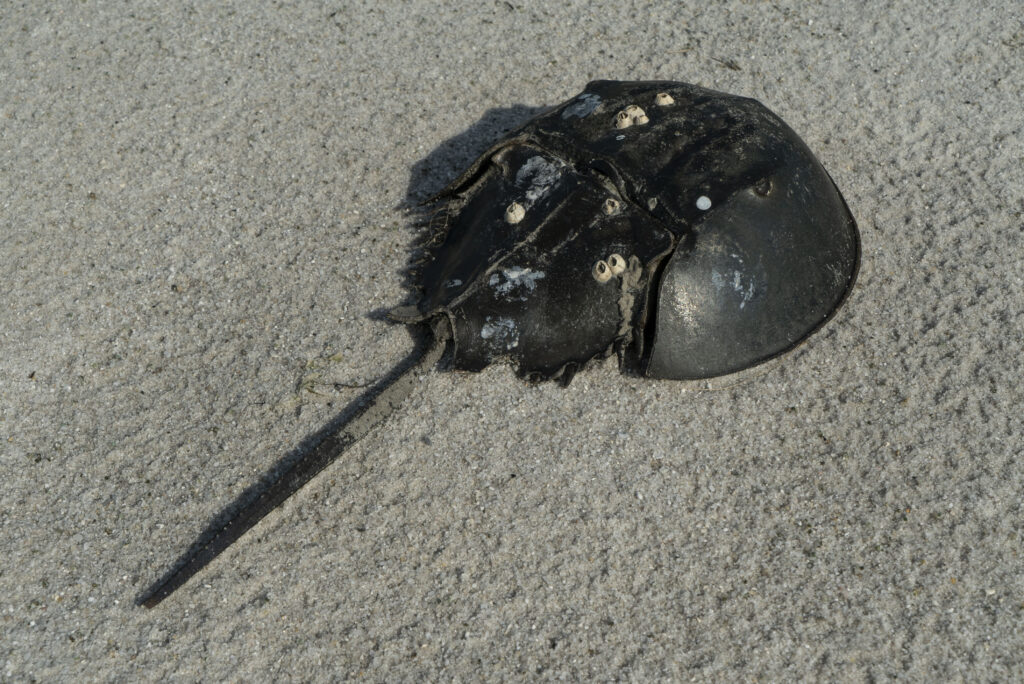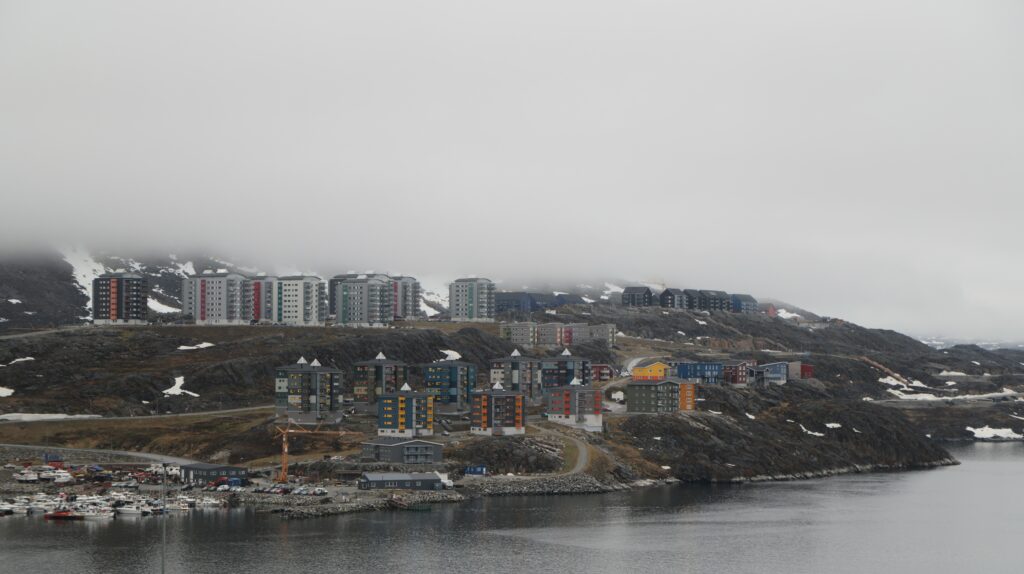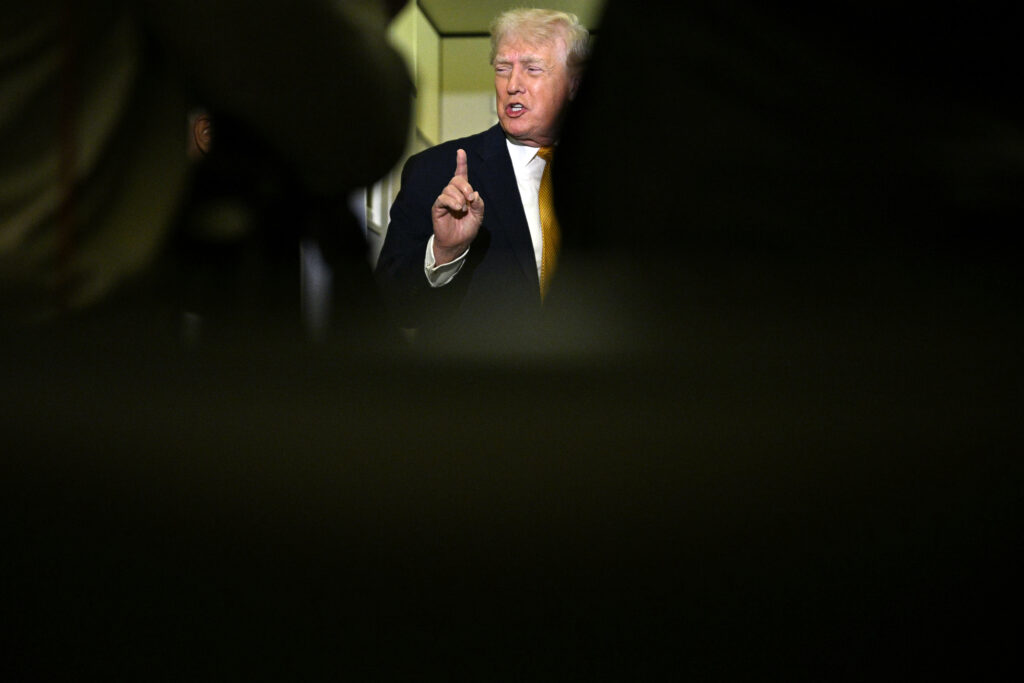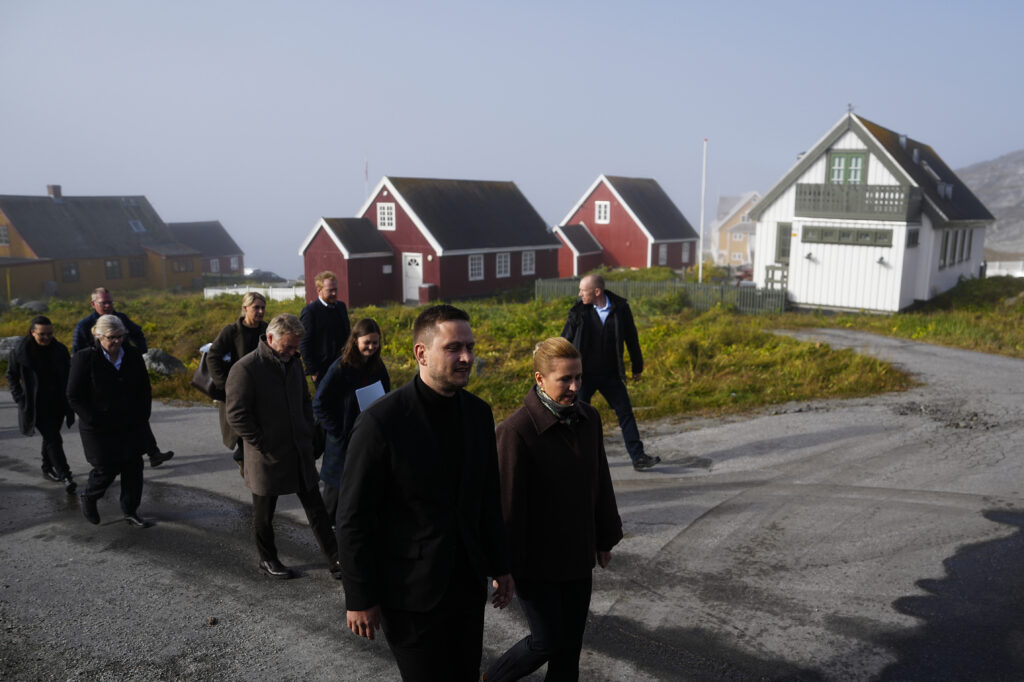The US plan to ‘run’ Venezuela – a similar cast, plus threats
President Donald Trump says the United States is “in charge” of Venezuela. But for now, that seems to mean keeping the country’s government set up much like it was before.Trump on Saturday ordered an audacious, deadly assault on Caracas in which US forces snatched Venezuela’s leftist leader Nicolas Maduro and took him to face charges in New York.In his extensive comments since then, Trump said that the United States temporarily “is going to run the country,” which has 30 million people and an economy in tatters for years.The preparation for such a massive undertaking appears to be little or non-existent, with the US embassy in Caracas shuttered, no US forces known to be on the ground and Trump vaguely saying that his own cabinet will call the shots.Even the 2003 invasion of Iraq, in which the United States was widely criticized for the ensuing chaos, had far more planning, with president George W. Bush installing what he called a Coalition Provisional Authority to run the country.Trump said Venezuelans would be “taken care of” but said little on what they can expect.Instead, Trump said the priority was to benefit US oil companies in Venezuela, which has the world’s proven reserves and had become a crucial supplier to Cuba, a longtime US target, as well as leading US competitor China.To achieve its ends, Trump said the United States is claiming cooperation with Delcy Rodriguez, who was Maduro’s vice president — and Trump publicly threatened another US attack if she does not do the US bidding.Secretary of State Marco Rubio, clarifying Trump’s remarks in an interview with NBC News’ “Meet the Press,” said: “It’s not running — it’s running policy.”Rubio, a Cuban-American and sworn enemy of the hemisphere’s leftists, had long branded Maduro as illegitimate and championed the opposition, which said it won 2024 elections.But Trump brushed aside opposition leader Maria Corina Machado, the winner of the latest Nobel Peace Prize, and Rubio said the United States was focused on “our national interest.”- ‘Vassal state’? -Trump said that Machado is a “very nice woman” but does not command the “respect” to run the country.Mark Jones, a Latin America expert at Rice University, said Trump saw lower risks to working with Rodriguez.”The only way Machado could enter the presidential palace and run the country would be with a massive US military presence, which would be very bloody, would be unlikely to be successful and would create massive domestic problems for Trump,” who ran as a non-interventionist, Jones said.Rodriguez, who had been reported to have been in contact with the Trump administration well before Saturday’s attack, initially gave a fiery speech calling Maduro the legitimate president but quickly changed her tone and promised cooperation.Ryan Berg, director of the Americas program at the Center for Strategic and International Relations, expected Rodriguez to struggle to find the right balance.”On the one hand, she needs to be outraged that this happened,” Berg said.”At the same time, she needs to be open to pushing pro-US policies that are going to be very difficult for her regime to swallow, given that they have a 27-year history of seeing the United States as the greatest enemy.”Jones said that Rodriguez had been vice president precisely because Maduro did not see her as holding enough leverage internally to pose a threat.To steer Venezuela, the United States therefore will also need the support of other key figures such as Vladimir Padrino Lopez, who controls the powerful military, Jones said.Some US demands, such as controlling drug trafficking, could be easy for Rodriguez, Jones said.But other demands, such as breaking with Cuba, would be much harder sells for elements of a government rooted in leftist firebrand Hugo Chavez’s “Bolivarian Revolution.””That group is going to resist with all its might, because the idea of Venezuela becoming some vassal state ot the United States is pretty much the antithesis of the Bolivarian Revolution,” Jones said.
